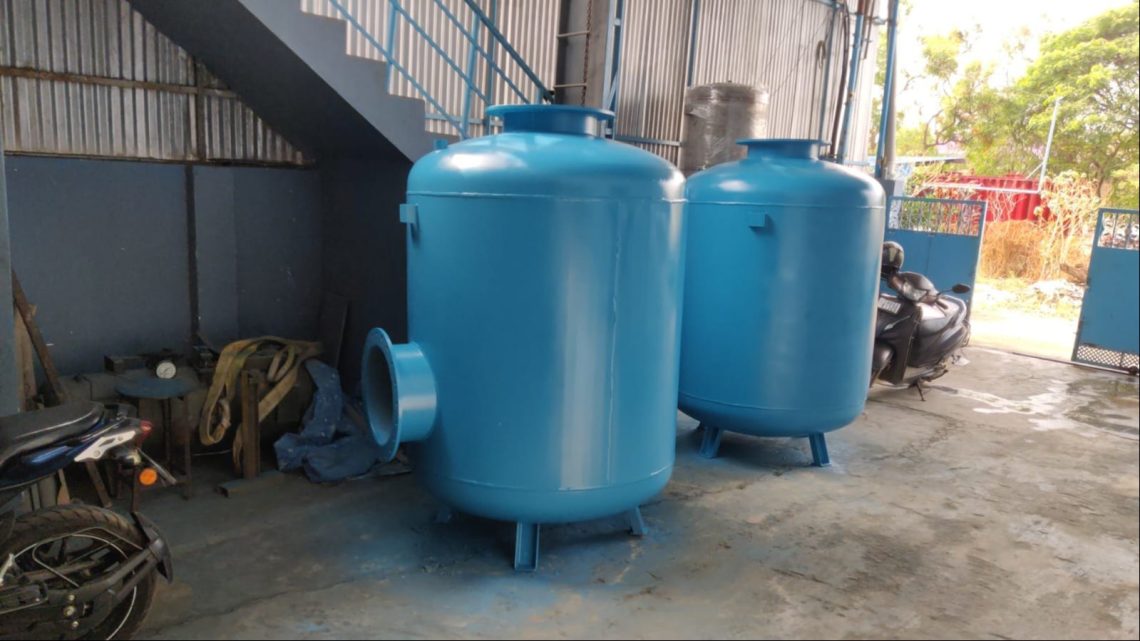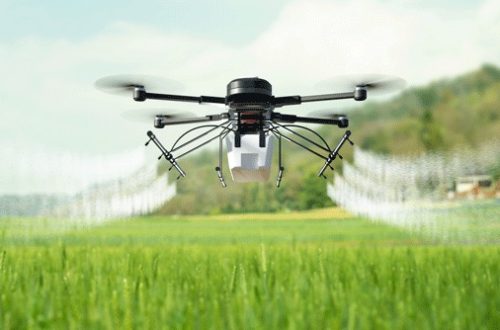Indonesia, an archipelago with over 17,000 islands, faces unique challenges when it comes to waste management. One critical aspect of this issue is the use of septic tanks, which play a crucial role in treating and managing wastewater in both urban and rural areas jual tangki frp. This article explores the importance, challenges, and advancements related to septic tanks in Indonesia.
The Importance of Septic Tanks
In Indonesia, septic tanks are an essential component of the country’s sanitation infrastructure, particularly in areas that lack access to centralized sewer systems. These systems are vital for the treatment and disposal of domestic wastewater, ensuring that harmful pathogens and pollutants do not contaminate drinking water sources or the environment. Septic tanks help to reduce the spread of waterborne diseases and maintain public health by managing waste effectively.
Challenges in Septic Tank Management
Despite their importance, septic tanks in Indonesia face several challenges:
- Overloading and Maintenance Issues: In densely populated urban areas and rapidly growing cities, septic tanks often become overloaded due to high wastewater volumes. Inadequate maintenance and infrequent pumping can lead to system failures, causing environmental pollution and health hazards.
- Soil and Groundwater Contamination: Poorly constructed or malfunctioning septic tanks can leak, contaminating the surrounding soil and groundwater. This is particularly concerning in rural areas where groundwater is a primary source of drinking water.
- Lack of Standardization: There is a lack of uniform standards and regulations governing septic tank design and construction. This can lead to variations in quality and performance, affecting the effectiveness of wastewater treatment.
- Awareness and Education: Many residents, especially in rural regions, may not fully understand the importance of proper septic tank maintenance or the potential consequences of neglect. Education and awareness programs are needed to address this issue.
Advances and Solutions
To address these challenges, several advancements and solutions have been introduced:
- Improved Design and Technology: Modern septic tanks are designed with enhanced features to improve their efficiency and durability. Innovations such as multi-chamber systems, biofilters, and advanced treatment technologies help to reduce the environmental impact and extend the lifespan of septic tanks.
- Regulatory Frameworks: The Indonesian government has started to implement and enforce regulations related to septic tank construction and maintenance. These regulations aim to standardize practices and ensure that septic systems meet environmental and health standards.
- Public Awareness Campaigns: Educational programs and community outreach initiatives are being developed to increase awareness about proper septic tank maintenance. These programs provide valuable information on how to manage and care for septic systems effectively.
- Alternative Wastewater Management Solutions: In addition to traditional septic tanks, alternative systems such as biogas digesters and constructed wetlands are being explored. These systems offer sustainable and environmentally friendly options for wastewater management, particularly in areas with limited space or resources.
Future Outlook
As Indonesia continues to urbanize and expand, the role of septic tanks in wastewater management will remain crucial. Ongoing efforts to improve the design, regulation, and maintenance of septic systems will be essential in addressing the challenges faced by the current infrastructure. By embracing technological advancements and promoting public awareness, Indonesia can ensure that its septic tank systems contribute to a healthier and more sustainable future.





